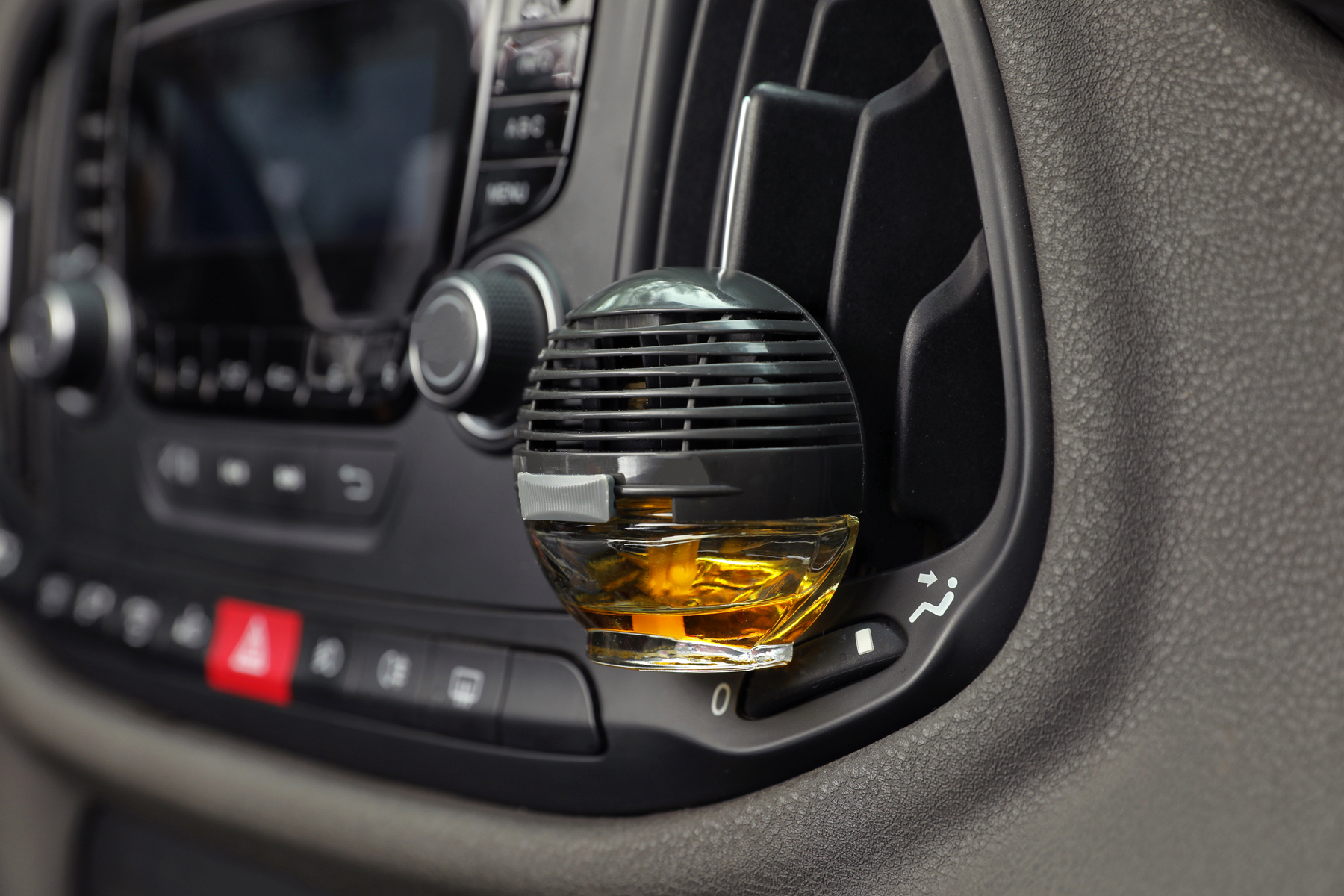It doesn’t even matter if you’re in the market for a particular thing: a good buying scenario will have you wanting it anyway. We aspire to what we see, what we feel, what is being promised. What about what we smell?
“A Kia dealer in Quebec is using aromachology to greet everyone who comes through its doors,” I recently read. I didn’t find the announcement particularly troubling; retailers have been working on every one of our senses since trading began. They’re just getting really sophisticated about it now, and learning how to harness every one of our senses to convert it into an impulse. Hopefully one that signs contracts to buy new cars.
But a colleague’s outrage at the article does merit some consideration. The linked article reveals statistics that “an olfactory immersion in a commercial setting can increase impulse purchases by 38 per cent, and the intent to return by 78 per cent.”
There’s a chance the scent went to a spot beneath your brain, bypassing your decision-making capacity
If you stink it up just right, they will buy. Sorry. If you have the correct olfactory immersion, they will buy. It’s the manipulative-ness that bothered that colleague.
Buying a vehicle is not like buying toothpaste or toques. Is tinkering with the way a showroom smells just good business sense, or something more insidious? After all, an impulse purchase in a car dealership could be something ludicrous like an expensive, useless electronic rust protection module, not a chocolate bar at the checkout.
Nobody questions why dealers want their showrooms to look as good as they can. We know much research goes into colours and fonts, the placement of plants (real? fake?), the location of offices and even the coffee machine.
A calculated experience
That lighting overhead? Your car will never look so good as it does under that lighting. The music you barely notice in the background? Again, carefully chosen. Same with the temperature in the room. It’s true for any retail outlet with the resources to research the best way to get people in, keep them in, and get them buying.
I’m certain my favourite used book store is happy to smell just like old books, and I prefer their stock piled all higglety-pigglety. My shoe repair guy has a shop as big as a closet that smells like polish and old leather, as it should.
No, instead, think every major grocery outlet, every chain store, every upscale purveyor of anything. They have invested a lot of money and time to make your shopping experience look a certain way, feel a certain way and smell a certain way. Is that manipulative?
 It’s not just that Kia dealership getting in on the smell wagon with Élixir Marketing Olfactif. Air/Aroma is a New York-based company that creates custom scents for, among other clients, Aston Martin, Nissan, Mercedes-Benz, Lincoln, Toyota and General Motors. This is different than creating scents in a bottle, like Eau de Britney Spears. Diffused scents, or ambient, mean just that: they’re everywhere.
It’s not just that Kia dealership getting in on the smell wagon with Élixir Marketing Olfactif. Air/Aroma is a New York-based company that creates custom scents for, among other clients, Aston Martin, Nissan, Mercedes-Benz, Lincoln, Toyota and General Motors. This is different than creating scents in a bottle, like Eau de Britney Spears. Diffused scents, or ambient, mean just that: they’re everywhere.
“Scent Marketing is more than just diffusing a pleasant fragrance in a space. It is the art of taking a company’s brand identity, marketing messages, target audience and creating a scent that amplifies these values,” says their website.
That’s a tall order to achieve from a simple whiff when you walk in the door, but the fact is, you probably won’t realize you’re even getting a whiff, and that’s the whole point. That Kia dealership ended up going with a summer holiday-citrusy smell.
If you walk in a dealership and it’s cold, you know it. If it’s comfortable, you stop thinking about it. If it’s dirty or has terrible music playing, that, too, registers. According to numerous studies, “[b]ecause much of the olfactory system is subcortical, models of scent effects typically allow for a non-cognitive component…[t]he sense of smell differs from sight and hearing in that odors enter the limbic lobe of the brain directly.”
You know if you’re looking at a pretty car; you know if you’re hot or cold; you know if you’re listening to lovely music; but there’s a good chance an ambient scent went directly to a spot beneath your brain, totally bypassing, and perhaps compromising, your decision-making capacity.
The smell that lingers
Scented products are hardly new. If anything, the proliferation of them over the past half-century created another demand for things that weren’t buggered up with cheap renditions of Summer Breeze or Lemon Freshness. But while you can’t scent a product like a vehicle or a stack of winter tires, you can permeate the air around it.
You could buy a New Car Smell spray at one time. It smelled like a cross between rubber and roadkill. It’s interesting that doctor’s offices and hospitals have been outlawing scent, knowing it’s a terrible trigger for migraine sufferers. If you’ve been trapped in an airplane or on an elevator beside someone who douses in cologne or perfume, you’ve known olfactory torture.
I have to admit, I find those little diffuser things gross, and they give me an instant headache. If I get in a car with one, I toss it. I might not notice (with my sub-cortical) a beachy smelling showroom, but I would know that concentrated diffuser stink in a heartbeat, and the sale would be over.
Tinkering with something you can’t see or sense: fair game, or a step too far?
Source: Lorraine Complains: Subliminal smells in a car dealership — fair or foul? | Driving













